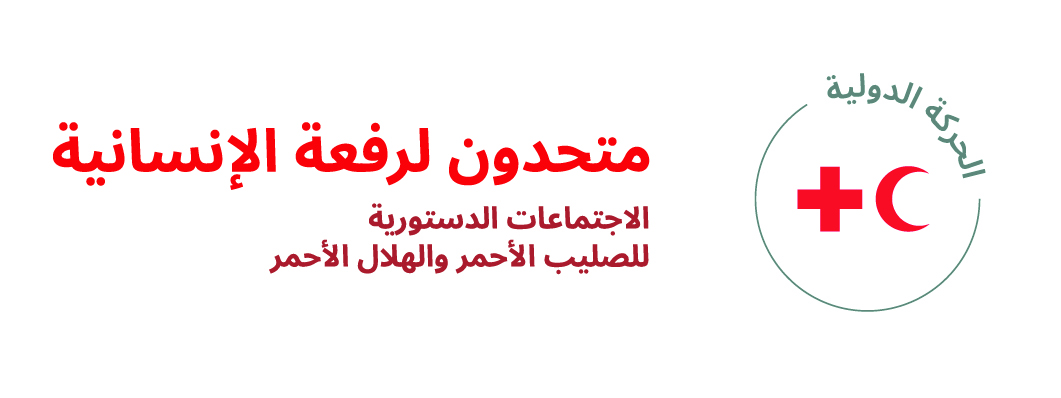أ) أهداف التعهد
The challenges of the 21st century are diverse and interlinked, mirroring the complexities of a rapidly evolving world. Key issues include climate change and environmental sustainability, technological advancements, economic uncertainty and job market shifts, social and political challenges, global health concerns, peace and security, to name a few. Younger generations must develop new competencies that enable them to effectively navigate and tackle these pressing issues.
Humanitarian Education: Addressing 21st Century Challenges
Humanitarian Education is a holistic, needs-based, people-centered and action-oriented approach to teaching and learning which is rooted in the humanitarian principles.
Humanitarian Education enables individuals – especially children, adolescents and young adults – to interpret situations from a humanitarian perspective and develop the knowledge, values and skills that empower them to help and care for themselves and others, and thereby contribute to building resilience, social inclusion and lasting peace in their family, community and society.
Teaching Humanitarian Education in the formal Education system
Integrating Humanitarian Education content and approach into formal education systems would ensure that all children, regardless of their background, can acquire foundational competencies for their life and future. To facilitate this integration and ensure the delivery of high-quality programs, teacher training and professional development opportunities need to be further developed and offered, and research on the impact of Humanitarian Education conducted.
With this pledge,
we hereby present the intention of the Austrian Red Cross, together with the Austrian Government, to establish an IFRC Reference Center for Humanitarian Education. This center will serve as a unique platform and acceleration mechanism to help advance and expand the outreach and impact of Humanitarian Education within formal education settings. It will support National Red Cross and Red Crescent Societies with the implementation of quality Humanitarian Education initiatives, and will foster partnerships with governments, educational and research institutions, international organizations, and foundations.
The Reference Center’s work will contribute to supporting one million teachers and other education personnel by 2030 with the delivery of quality, inclusive Humanitarian Education, as set forth by the IFRC RED Education flagship initiative.
Signatories to this pledge express their interest in this project and their intention to partner with the IFRC and the Austrian Red Cross to support the development of a global IFRC Reference Center for Humanitarian Education according to the action plan outlined below.
ب) خطة العمل:
- Offer tailored training and professional development opportunities, related to Humanitarian Education, for teachers and education personnel whom National Societies engage with or target.
- Promote and centralize research on Humanitarian Education and its impact, notably in relation to social and emotional intelligence, resilience, inclusion and peace.
- Strengthen partnerships within and outside the International Red Cross and Red Crescent Movement to support the Humanitarian Education work of the Reference Center and the IFRC network at large.
- Support and promote the integration of Humanitarian Education content and approach into relevant national laws, policies, strategies, operational plans and formal curricula.
- Mobilize human, financial and other resources to support the Humanitarian Education work of the Reference Center, the IFRC network and its partners.
ج) مؤشرات قياس التقدم المحرز
- Number of teachers and other education personnel trained on Humanitarian Education content and approach
- Number of people – reached through the delivery of Humanitarian Education in formal settings (to be disaggregated by gender, age and educational level)
- Number of partnerships and cooperation agreements signed and implemented between the Reference Center, National Societies and other relevant actors for Humanitarian Education training and/or research purposes (to be disaggregated by purpose)
- Number of national laws, policies, strategies, operational plans and formal curricula that explicitly mention Humanitarian Education and/or include related content and approach
- Amount of financial and in-kind contributions received from partners and stakeholders to support the Humanitarian Education work carried out by the Reference Center and the IFRC networks
د) الآثار المترتبة على الموارد:
Subject to each signatory’s action plan



